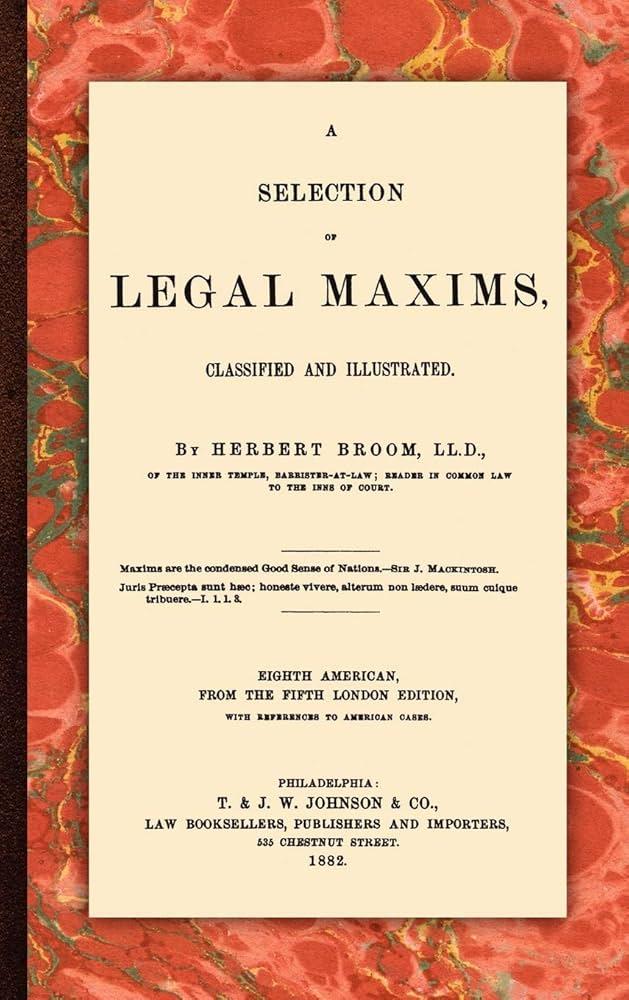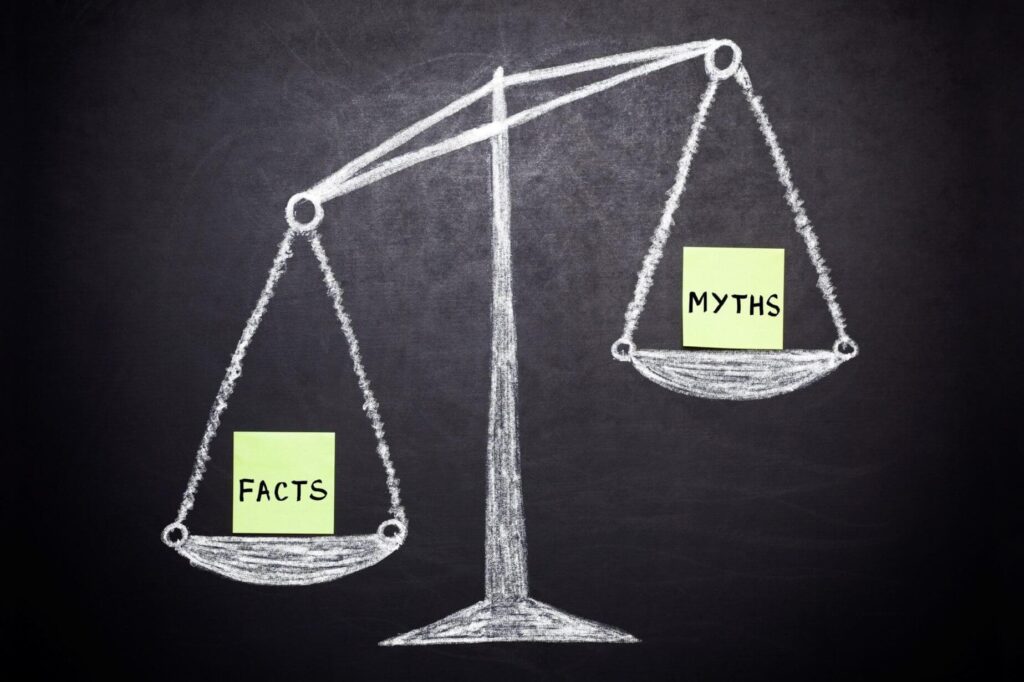Maxims of Law: The Achilles Heel of Fraudulent Claims.

Maxims of Law: The Achilles Heel of Fraudulent Claims
The legal landscape is frequently enough rife wiht deceit, making it crucial for individuals and organizations to understand the principles that underpin justice. In this article, we will explore how the maxims of law act as the Achilles heel for fraudulent claims. By understanding these essential principles, we can mitigate the risk of deception and ensure that justice prevails.
What Are the maxims of Law?
The maxims of law are established legal principles that guide the interpretation and submission of the law. They serve as a foundation for legal reasoning, providing a framework to evaluate cases, especially those involving fraudulent claims. Here are some of the most pertinent maxims:
- Ignorantia juris non excusat: Ignorance of the law is no excuse.
- Pacta sunt servanda: Agreements must be kept.
- Actus reus non facit reum nisi mens sit rea: An act does not constitute guilt unless there is a guilty mind.
- Ubi jus ibi remedium: Where there is a right, there is a remedy.
- Res ipsa loquitur: The thing speaks for itself.
The Role of Maxims in Countering Fraudulent Claims
Fraudulent claims pose significant challenges in legal settings.However, by leveraging the maxims of law, affected parties can effectively counter such claims.
Ignorantia juris non excusat
This maxim emphasizes that individuals must be aware of the laws that govern their actions. In cases where deceit is attempted, ignorance cannot be claimed as a defense. This principle encourages vigilance and proactive legal education among individuals and organizations.
Pacta sunt servanda
This maxim underscores the importance of honoring contracts. Fraudulent claims often arise from disputes about unfulfilled agreements. By adhering to the principle that agreements must be kept,individuals can protect themselves and validate their claims.
Actus reus non facit reum nisi mens sit rea
The legal doctrine asserts that a guilty mind must accompany a wrongful act. In fraudulent scenarios, this principle helps to delineate between mere negligence and intentional deception, allowing courts to clearly identify fraudulent behaviour.
Ubi jus ibi remedium
Where a breach of rights has occurred, there exists a means of remedying the situation. This maxim assures individuals that legal remedies are available, deterring individuals from pursuing fraudulent claims without basis.
Res ipsa loquitur
This principle serves as a powerful tool when considering cases of negligence or fraud. It allows the court to infer negligence based on the inherent nature of the act, providing a path to hold fraudulent individuals accountable.
Benefits of Understanding Maxims of Law
Grasping the maxims of law provides several advantages:
- Enhances legal literacy: Understanding these principles equips individuals with knowledge that aids in navigating legal matters effectively.
- Empowers individuals: Knowledge of the law serves as a protective shield against fraud.
- Promotes justice: Practicing these maxims ensures that justice is served,deterring fraudulent behavior.
Practical Tips for Implementing Maxims in Legal Affairs
Incorporating the maxims of law into your legal strategy can significantly improve your chances of successfully navigating claims. Here are some practical tips:
- Educate yourself: Regularly update yourself on relevant laws and maxims.
- document everything: Keep thorough records of agreements and communications to support your claims.
- Consult professionals: Seek legal advice when facing complicated situations or potential fraud.
- Stay vigilant: Be proactive in recognizing fraudulent activities and act quickly to protect your interests.
Case Studies: Real-Life Applications of Maxims of Law
Examining real-life scenarios can provide invaluable insights. Here are a couple of notable cases where the maxims played a crucial role.
| Case | Maxim Used | Outcome |
|---|---|---|
| Smith v. Jones | Pacta sunt servanda | Claim upheld as both parties had entered into a valid, binding contract. |
| Johnson v.State | Res ipsa loquitur | Negligence inferred, leading to compensation for the plaintiff. |
First-Hand Experience: Navigating Fraudulent Claims
As a legal consultant, I encountered a case where a client faced a fraudulent claim regarding property ownership. By referencing the maxim Ubi jus ibi remedium, we were able to strategically position our argument, emphasizing our legal right to the property. This not only helped in securing a favorable judgment but also clarified how adherence to principles can profoundly impact outcomes.
Conclusion
The maxims of law serve as invaluable tools in combatting fraudulent claims. By understanding and applying these fundamental principles, individuals and organizations can safeguard themselves against deception, ensuring that justice prevails. Legal literacy empowers individuals, promotes accountability, and acts as an essential defense against the pervasive threat of fraud. As we navigate the complexities of the legal field,let us commit to upholding these principles for a fairer outcome in all our legal matters.




Responses